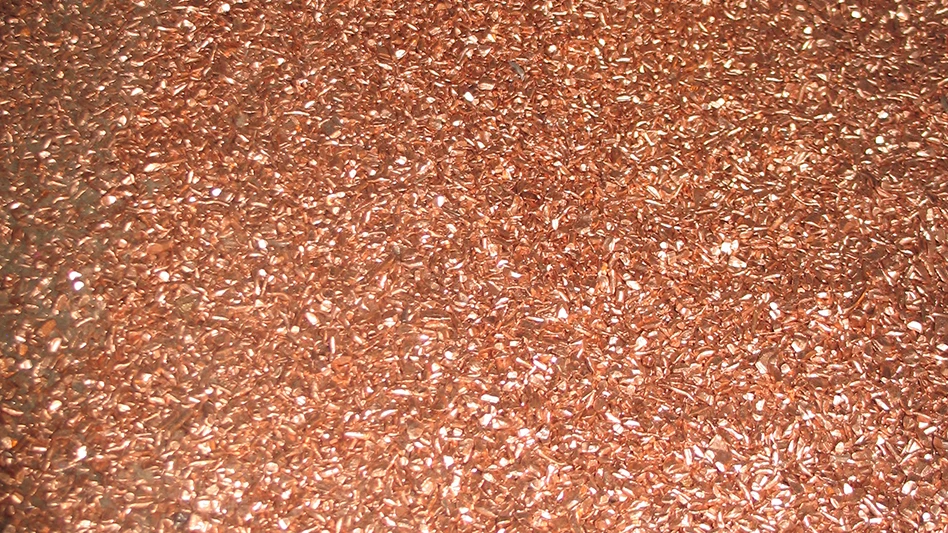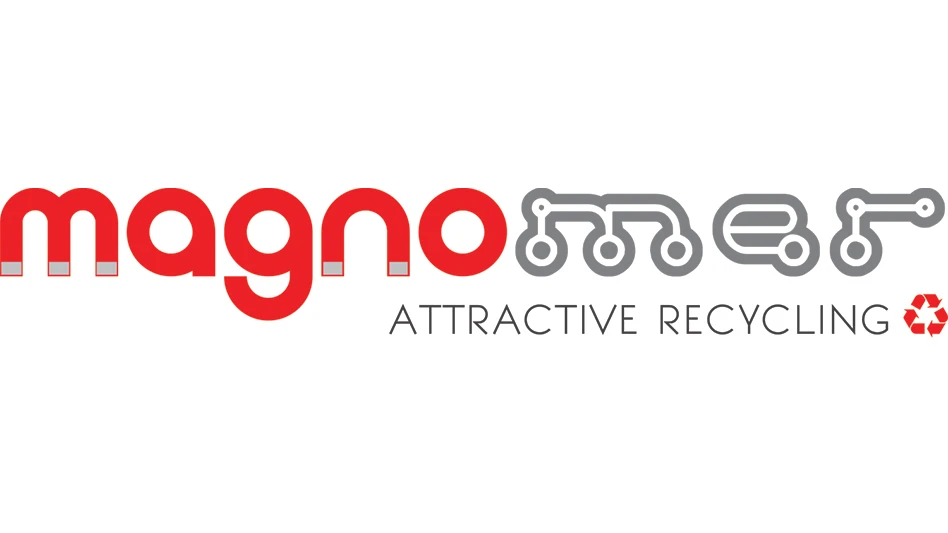
Recycling Today archives
Anticipated growth in copper consumption in the alternative energy and electric vehicle (EV) markets has several forecasts predicting an imminent global copper shortfall.
A near-term forecast issued in late April by the Lisbon-based International Copper Study Group (ICSG), however, sees copper producers supplying nearly 300,000 metric tons more refined copper in 2024 than will be consumed globally that year.
The same ICSG report estimates a 431,000-metric-ton shortfall in 2022 and a 114,000-metric-ton deficit this year, meaning the mining and production sectors will not catch up until 2024.
“World secondary production (from scrap) is expected to increase in 2023 and 2024, supported by the development of new secondary refinery capacity,” ICSG says. Its two-page summary does not place a volume figure on secondary copper growth.
In January, ICSG calculated secondary refinery output grew by 4.7 percent compared with one year earlier, with increased production in China as one factor.
The ICSG estimate predicting that the copper deficit will be addressed even as alternative energy and EV markets grow globally fits a historic pattern, according to red metals analyst John E. Gross, publisher of The Copper Journal.
“We don’t doubt the world will need more metal; we all know it will, but we hesitate to participate in the doom and gloom that there will be a multimillion metric ton deficit by 2035,” Gross writes in an early May edition of The Copper Journal.
Gross points to a recent article in The Economist “regarding the perils of everyone thinking alike.” Tech stock bubbles and the mortgage securitization fiasco of the 2000s are examples that have led to many incorrect forecasts.
“Copper has a long history of growth, and we believe it will continue growing with more recycling, new mines and new technology," Gross adds.
Latest from Recycling Today
- Haber raises $44M to expand to North America
- Canada Plastics Pact releases 2023-24 Impact Report
- Reconomy brands receive platinum ratings from EcoVadis
- Sortera Technologies ‘owning and operating’ aluminum sorting solutions
- IDTechEx sees electric-powered construction equipment growth
- Global steel output recedes in November
- Fitch Ratings sees reasons for steel optimism in 2025
- P+PB adds new board members





